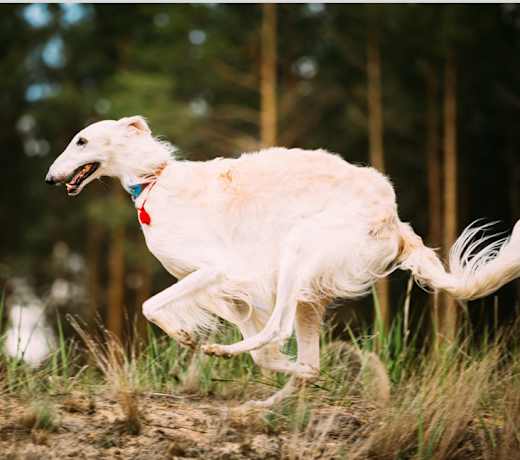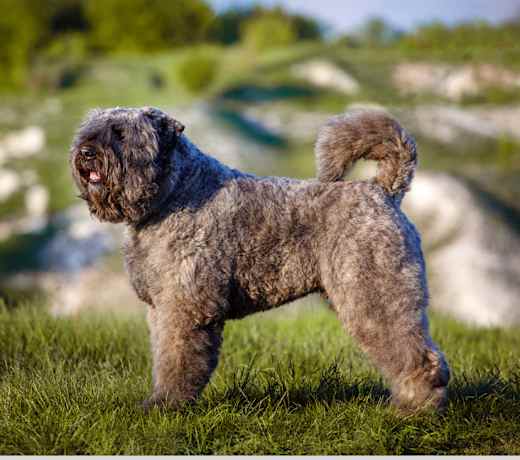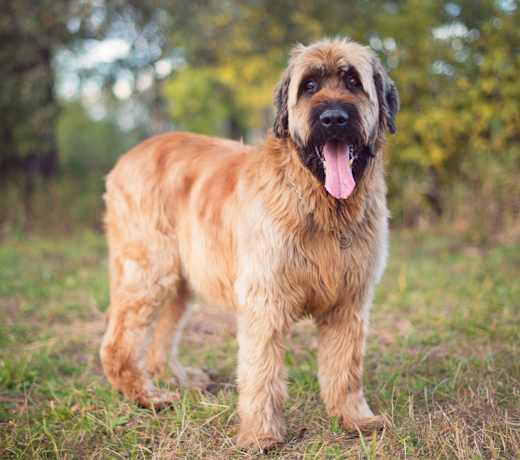Adopting an Irish Wolfhound from a rescue organization or animal shelter can range from $200 to $500. You can expect to pay between $1,500 and $3,000 on average for an Irish Wolfhound puppy from a reputable breeder.
Adopt An Irish Wolfhound
We don't see any Irish Wolfhound available for adoption in your exact location or cities near you. Search for more dogs, or check out some adorable similar breeds below!
Search for Irish Wolfhound puppies and dogs
4639 available dogs near you

Riley
Siberian Husky German Shepherd Dog
Male, 3 yrs 10 mos
Beverly Hills, CA
Good with dogs
Good with cats
House-trained
Spayed or Neutered
Shots are up-to-date

Pickles
Australian Kelpie
Male, 5 yrs
Beverly Hills, CA
Good with dogs
House-trained
Spayed or Neutered
Shots are up-to-date
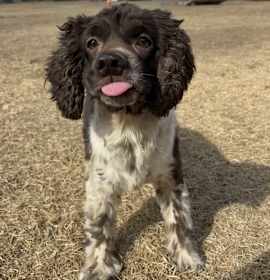
Jesse
English Springer Spaniel Cocker Spaniel
Male, young
Los Angeles, CA
Not good with cats
Needs experienced adopter
House-trained
Spayed or Neutered
Shots are up-to-date

Fiona
Shepsky
Female, 2 yrs 8 mos
Beverly Hills, CA
Good with cats
House-trained
Spayed or Neutered
Shots are up-to-date

Max
American Pit Bull Terrier
Male, 4 yrs
Beverly Hills, CA
Good with dogs
House-trained
Spayed or Neutered
Shots are up-to-date

McCartney
Labrador Retriever Shepsky
Female, 3 mos
Beverly Hills, CA
Good with dogs
House-trained
Shots are up-to-date

Jude
Labrador Retriever Shepsky
Male, 3 mos
Beverly Hills, CA
Good with dogs
House-trained
Shots are up-to-date
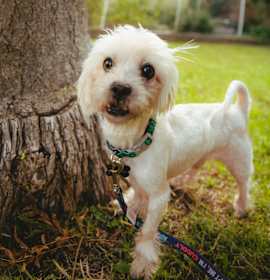
Matisse
Terrier (Unknown Type, Small)
Male, 3 yrs 4 mos
Los Angeles, CA
House-trained
Spayed or Neutered
Shots are up-to-date
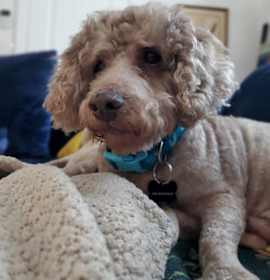
Gerrard
Miniature Poodle
Male, 10 yrs 2 mos
Los Angeles, CA
Good with dogs
Good with cats
House-trained
Spayed or Neutered
Shots are up-to-date

Ladybug
Chihuahua
Female, 3 yrs 1 mo
West Hollywood, CA
House-trained
Shots are up-to-date

Cherry
Golden Retriever
Female, 1 yr 7 mos
West Hollywood, CA
House-trained
Spayed or Neutered
Shots are up-to-date

Duncan
Labrador Retriever
Male, 9 yrs 3 mos
Los Angeles, CA
Good with dogs
Good with cats
Needs special attention
House-trained
Spayed or Neutered
Shots are up-to-date
Find adoptable Irish Wolfhound by Beverly Hills, CA
Animal shelters near Beverly Hills, CA
Adopting a Irish Wolfhound
Frequently asked questions about acquiring an Irish Wolfhound - the pros and cons of adopting versus going through a breeder, and associated costs.
The easiest way to adopt an Irish Wolfhound is through a breed-specific rescue organization that specializes in them. You can also look for Irish Wolfhounds at your local animal shelter. A great place to start is creating a breed search on Adopt a Pet. The search will show you all the Irish Wolfhounds and Irish Wolfhound mixes available in your area.

